Research Laboratories
Faculty in the Department of Kinesiology have several labs to conduct research with the assistance of undergraduate and graduate students. Learn more about each lab, and how to get involved, below.
Applied Biomechanics Research Laboratory
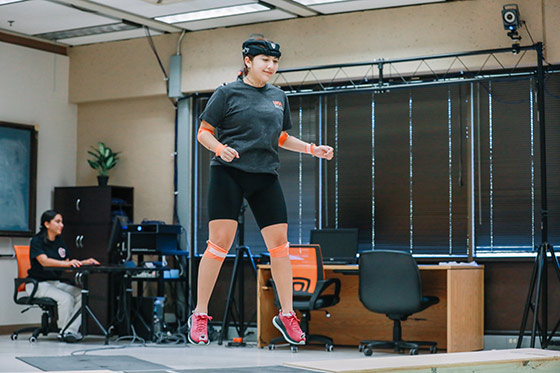 Dr. Saki Oyama & Dr. Kelly Cheever, Co-Directors
Dr. Saki Oyama & Dr. Kelly Cheever, Co-Directors
MS 2.02.36
The Applied Biomechanics Research Laboratory aims to prevent injuries and improve the performance and well-being of individuals who are susceptible to injuries. The lab is Co-Directed by Dr. Oyama and Dr. Cheever. Dr. Oyama’s primary research interest is in the identification and modification of movement patterns and physical characteristics that are associated with injuries. Dr. Cheever’s primary interest is the long-term cumulative health effects of a collision and/or contact sport career.
Learn more about the Applied Biomechanics Research Lab
Athletic Performance, Strength and Aging Laboratory (APSA)
Dr. Sandor Dorgo, Director
MS 3.02.42
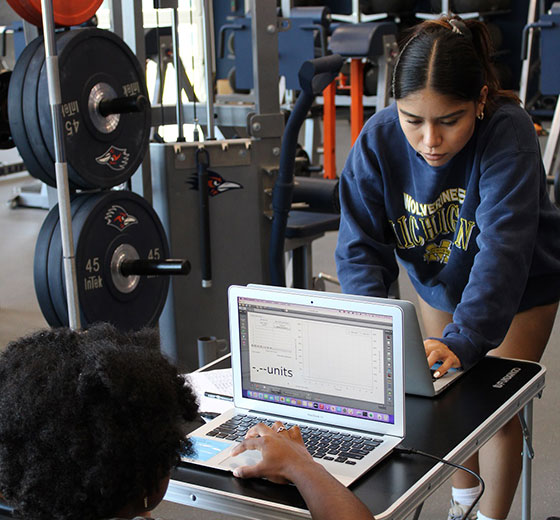 The broad purpose of the Athletic Performance, Strength, and Aging (APSA) laboratory is to study various topics in the field of Strength and Conditioning, Human Performance, and Sport Science as they relate to adaptations to training or associations between performance variables in various athletic and non-athletic populations.
The broad purpose of the Athletic Performance, Strength, and Aging (APSA) laboratory is to study various topics in the field of Strength and Conditioning, Human Performance, and Sport Science as they relate to adaptations to training or associations between performance variables in various athletic and non-athletic populations.
Developmental Motor Cognition Laboratory
Dr. Alberto Cordova, Director
Exercise and Health Psychology Laboratory
Dr. Masataka Umeda, Director
IAB2.01.09C
The primary aim of the Exercise and Health Psychology Lab is to advance our knowledge regarding physical activity and health. In particular, Dr. Umeda has been conducting research examining the influence of physical activity on pain and pain processing in a variety of populations (e.g., chronic pain patients, healthy adults, physically active individuals). Dr. Umeda’s research is typically conducted using psychophysiological approaches, where pain and pain processing is examined in conjunction with physiological (e.g., resting blood pressure, blood pressure reactivity, resting heart rate variability) and psychological variables.
Learn more about the Exercise and Health Psychology Lab
Human Performance Laboratory
Dr. William Land, Director
IAB 2.01.9F
The aim of the Human Performance Laboratory is to investigate the interaction between cognition and human action. Research from this lab is geared towards facilitating sports performance, enhancing motor skill acquisition, illuminating the psychological antecedents of action, and motor rehabilitation.
Learn more about the Human Performance Lab
Immune Fitness Lab
Dr. Chia George Hsu, Director
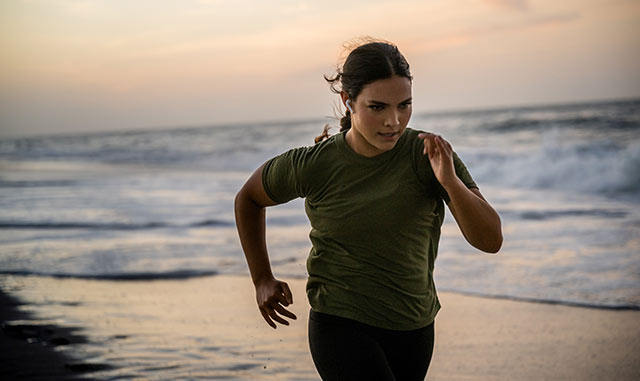 The Immune Fitness Laboratory aims to enhance the health, performance, and recovery of athletes and military personnel (warfighters) by optimizing their immune function. The lab focuses on maintaining immune fitness, which is vital for overall well-being and optimal functioning. The lab's overarching goal is to understand the intricate relationship between immune fitness and human performance.
The Immune Fitness Laboratory aims to enhance the health, performance, and recovery of athletes and military personnel (warfighters) by optimizing their immune function. The lab focuses on maintaining immune fitness, which is vital for overall well-being and optimal functioning. The lab's overarching goal is to understand the intricate relationship between immune fitness and human performance.
Learn more about the Immune Fitness Lab
Integrated Nutrition and Performance Laboratory
Dr. Jimi Francis, Director
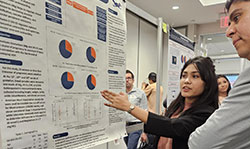 The INaP Lab aims to improve the performance and well-being of individuals and families through an integrated nutrition approach across the lifespan. The lab is comprised of nutritionists, engineers, physicians, physiologists and students well-versed in the issues of maternal/infant health care.
The INaP Lab aims to improve the performance and well-being of individuals and families through an integrated nutrition approach across the lifespan. The lab is comprised of nutritionists, engineers, physicians, physiologists and students well-versed in the issues of maternal/infant health care.
Laboratory for Perception and Action Research through Kinematics
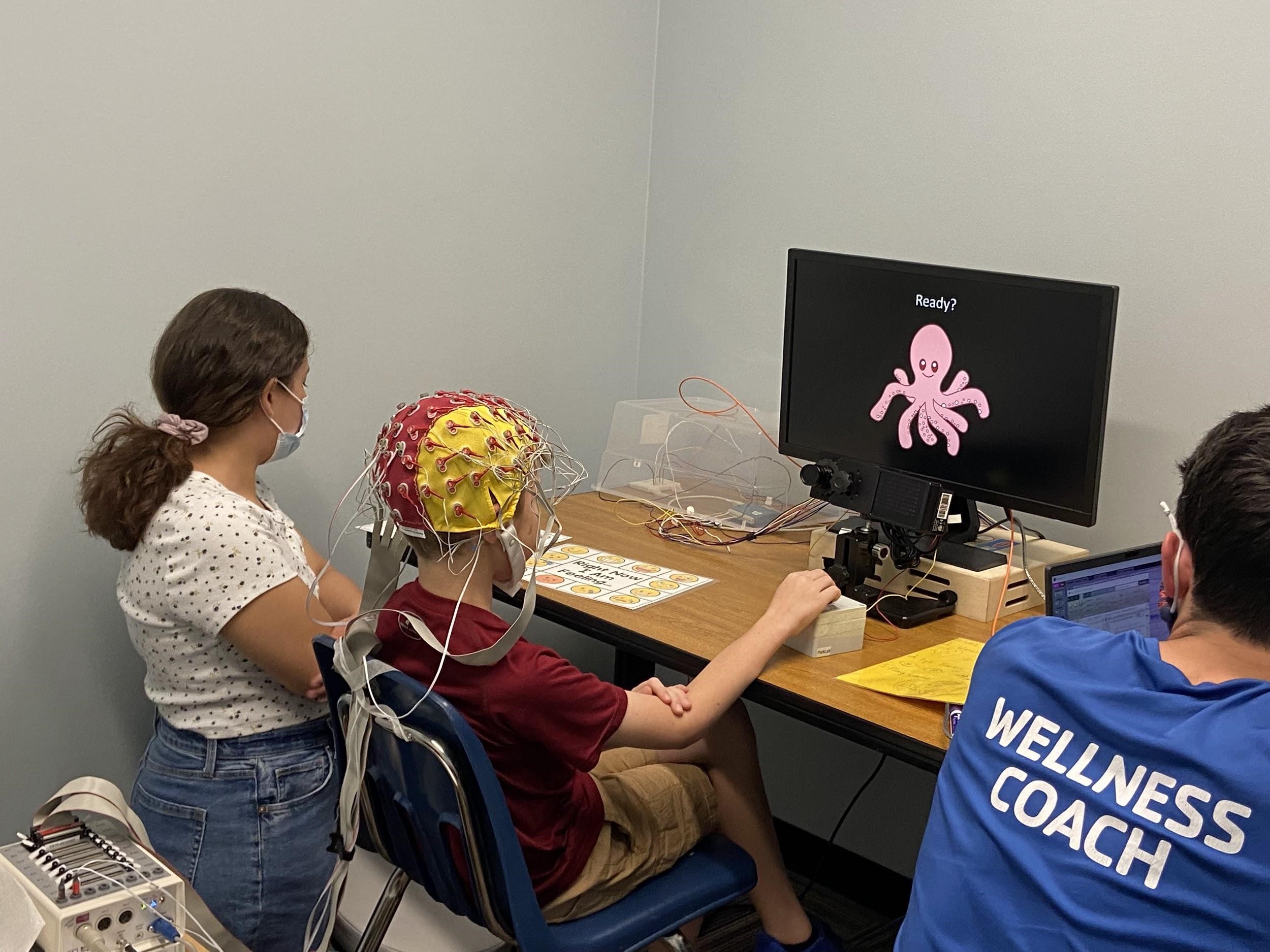 Dr. Se-Woong Park, Director
Dr. Se-Woong Park, Director
IAB 2.01.09D
The Laboratory for Perception and Action Research through Kinematics (the PARK Lab) studies how human sensorimotor systems change while we learn a novel motor skill. To better elucidate the complex nature of motor learning, we utilize theoretical and experimental approaches as combining neurophysiological and behavioral measures, such as electroencephalography (EEG), eye-tracking system, electromyography (EMG), and multi-joint continuous kinematics.
Learn more about the Laboratory
Molecular Exercise Physiology Laboratory
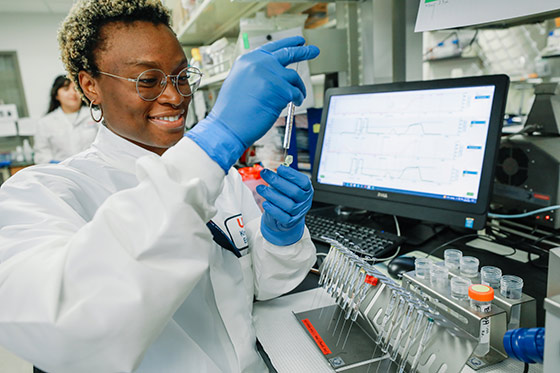 PI: Eunhee Chung, Ph.D.
PI: Eunhee Chung, Ph.D.
Learn more about the Molecular Exercise Physiology Lab
Motor Learning/Control Study Laboratory
Dr. Wan X. Yao, Director
Ph: 210.458.6230
The broad purpose of the Motor Control and Learning Research Lab is to better understand principles of motor control and motor learning and how the brain contributes to effective movement, with a long-range goal to impact remediation, rehabilitation, and therapeutic practices:
- Research Interests
- The effect of feedback and practice schedules on the acquisition of motor skills
- Neutomechanisms underlying muscle contractions and force/motor skill transfer

